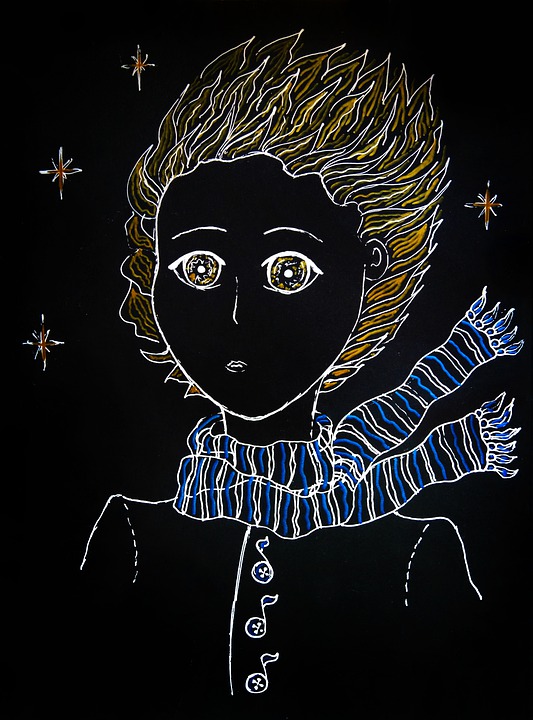In the third part of the series about Emotional Abuse, we’ll be looking at its consequences, why it is difficult to leave an emotionally abusive relationship, why certain people abuse others using their emotions and at what is not emotional abuse.
Consequences of Emotional abuse
Short-term consequences
- Denial/lack of acceptance of the abuse at first
- Confusion in relationship and in self-concept
- Fear and shame
- Feel hopeless and powerless.
- Feel manipulated, used and controlled
- Feel unwanted, stressful and overwhelming
Long-term Consequences
Behavioural problems
- Wanting attention and recognition from others
- Social withdrawal and loneliness
- Lack of forgiveness
Emotional problems
- Lack of confidence, self-esteem
- Guilt
- Anxiety
- Depression
Mental health problems
- Insomnia
- Chronic fatigue syndrome and fibromyalgia
- Chronic health problems including eating disorders, headaches, sleep disorders, mental health issues and obesity.
Why do some people abuse others emotionally?
Unlike physical abuse, the perpetrator of emotional abuse uses emotions as her/his weapon of choice to control another person. The perpetrator may be under the impression that they know what is best for the other person and are therefore excessively harsh, critical and vigilant of every move made by the person. Emotional abuse is also a behaviour learnt through childhood experiences and social messaging as the appropriate response to anger. The perpetrator may have intense feelings of insecurity and lack of control; hence, using abuse as a tool to gain control. Happy Ho organizes best Meditation and Tarot classes in Noida and Delhi NCR area in India.
In the case of child abuse, it is possible that the adults responsible for them may have a diminished capability of understanding and dealing with them. The likelihood of this is high in individuals struggling with psychopathology as well as alcohol and drug abuse.
Why is it difficult to leave an abusive relationship?
In some cases, the abusers manipulate the individual into thinking negatively about their friends and family members (part of the isolation tactic). When the friend / family try to warn them and help them get out of the relationship, it just reinforces the negative things the abusers were saying about their victims’ friends and families.
When the abuse results in the loss of self-esteem and confidence, the person might feel like they deserve to be treated that way. Many times, the abuser might cry/ask for forgiveness/ give a reason for losing control. Phase one of the abuse- the “Honeymoon Phase.” is a time of calm, followed by “Tension Building” and then another “Incident” or period of abuse. This continuous cycle makes it difficult for the abused to take a stand. It can take many tries for a person to step away from an abusive relationship.
What is not emotional abuse?
You need to know where the line is between giving grace and accepting abuse, so you can help a friend or family member recognize it.
It is not emotionally abusive to break up or argue with your partner. It isn’t emotionally abusive when someone reacts to what you have done with hurt. It’s also not emotional abuse to speak one’s mind with blunt honesty. It isn’t abuse if someone you’re close with says they miss you or would like to meet you because you’ll haven’t hung out or spoken to each other in a while. It should not be taken personally when your friends can’t hang out with you because they have plans with other people, unless you feel like you’re being continuously avoided. If you’re at school and your teacher makes you stay back in school to finish your schoolwork, it isn’t abuse. Arguments are a normal part of marriage or any committed relationship. Abuse is not.
In the next and the final part of this series, we’ll be looking at how to respond if you are a victim/survivor of emotional abuse.





